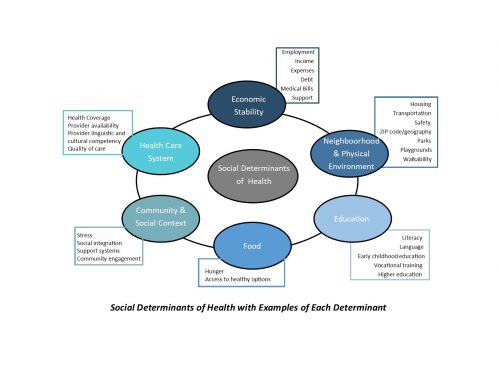I attended the IAIABC “CompCon 2019” in San Diego this week. One of the sessions was a round-table between the Heads of Delegations from various states in the US, International Representatives from Germany, Canada, Russia and New South Wales and the IAIABC Associate Members (typically vendors who provide a variety of services to the workers’ compensation industry).
Prior to the session, the Associate Members formulate questions that will be posed to the delegates during the round-table. The goal is to learn the delegates thoughts on trending issues and to learn about the differences in practice in the different states and countries, regarding topics as varied as use of telehealth and acceptance of treatment for mental conditions including PTSD.
The Associate Member group also asked about choosing to use accredited (e.g. URAC) companies to provide Utilization Review of the treatment of the injured workers in their state or country. It was first clarified whether UR was regulated or mandated? If so, did they utilize accredited companies, and in their opinion did it make a difference in the quality of the services?
Several states noted they did use UR as part of their authorization process for treatment. Only one state on the panel indicated accreditation of their UR providers was mandatory (note, not all states were represented on the panel), and this state mentioned they saw no difference in the quality of services because of utilizing only vendors who were nationally accredited.
As a company who has gone through the significant expenditure of both time and money to become URAC accredited in both Case Management and Workers’ Compensation Utilization Review/Management, this revelation was rather disheartening. I have encountered on an ongoing basis, a lack of understanding as to what is URAC accreditation and what value this accreditation provides an entity.
I had expressed a couple years ago to the then CEO of URAC, Kylanne Green, my frustration as to the lack of knowledge in the workers’ compensation industry regarding the benefits realized when working with an accredited service provider. I believed URAC needed (and still does) to do a much better job of communicating the value of accreditation for a variety of services provided within the workers’ compensation industry. Because of this conversation, Kylanne and I suggested a topic and ultimately presented on the value of accreditation at a national workers’ compensation conference.
Kylanne and I presented that accreditation of Utilization Review/Management or Medical Case Management in the workers’ compensation setting provides a foundation for coordination of services and a patient centered approach. Accreditation validates and improves quality in several areas:
- Internal company procedures are based on national standards.
- Provides a basis for the internal quality improvement process.
- Encourages stakeholder engagement.
- As a result, quality of the service provided is defined by the stakeholder.
I wish I could say the session was attended by many of the stakeholders at that conference. It was not.
Do we as an industry see the value in working with Board-Certified Physicians or Joint Commission Accredited Hospitals?
If so, then why is it not essential to utilize accredited Case Management, Utilization Review/Management, Telehealth companies or PBMs? What about Certified Medical or Vocational Case Managers? When using one of these certified or accredited service providers should you expect a higher level of care, service, quality and consistency? Do you see these benefits? How is the value measured or communicated to you?
What do the individual service providers realize as a result of becoming accredited or certified? Did they seek this accreditation to improve and validate the quality of the services provided? Or was it to check a box and fulfill requirements needed to prepare an RFP or qualify to provide services in a specific state? How are they communicating the benefits to their client?
I read recently there is a new CEO at URAC, Shawn Griffin, MD, and his goal is:
“To show the value we provide to the organizations we measure and the consumers they serve. We need to continue to be a trusted organization that measures and promotes the outcomes in healthcare that matter to consumers, not just in the US, but the entire world. I want the gold star of URAC to be trusted throughout the industry to mean that this organization delivers the results that matter to people.”
I hope he succeeds in these efforts. But we as accredited and certified service providers also need to do our part to communicate the value.

